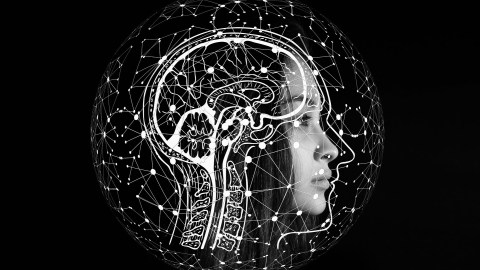AI bests humans in medical diagnosis

Pixabay
- A review of studies found that AI is at least equal to human healthcare workers in making diagnoses.
- The conclusion applies to cases where AI looked at images.
- More real-world tests are necessary to further develop artificial intelligence in medicine.
A review found that artificial intelligence is just as good and even slightly better than human doctors in making medical diagnoses using images.
Researchers carried out a thorough analysis of various studies published since 2012. The AI utilized in the studies used deep learning to classify images based on certain features, which were compared to visuals of diseases.
The study’s co-author Professor Alastair Denniston from the University Hospitals Birmingham is both optimistic and cautious about what AI can do. As reported by the Guardian, this sentiment was shared by Dr. Xiaoxuan Liu, the lead author of the study, associated with the same institution.
“There are a lot of headlines about AI outperforming humans, but our message is that it can at best be equivalent,” said Liu.
To come to such conclusions, the scientists made an effort to whittle down the list of often-poor studies they looked at from 20,000 to just 14 which had the best quality data. In these studies, the deep learning systems used images from datasets that were separate from the ones used to train them. These same images were then shown to human experts.
The researchers found that AI was able to correctly pinpoint illnesses 87% of the time. That’s compared to 86% for healthcare pros. The AI was also right in clearing people of diseases 93% of the time, in contrast to 91% of human experts. One caveat to this statistic was that the healthcare workers tested were not given extra info about patients that they would have had in real-world situations.
Using AI in medicine has a number of potential advantages, from freeing up human doctors to spend more time with patients to customizing treatments and clearing backlogs of necessary diagnoses. AI can also be particularly helpful in environments that lack enough human experts to do this work.The next step in assessing the usefulness of AI in the medical field would be to carry out clinical trials to see if patient outcomes would improve by utilizing deep learning systems.
Check out the new review here.





